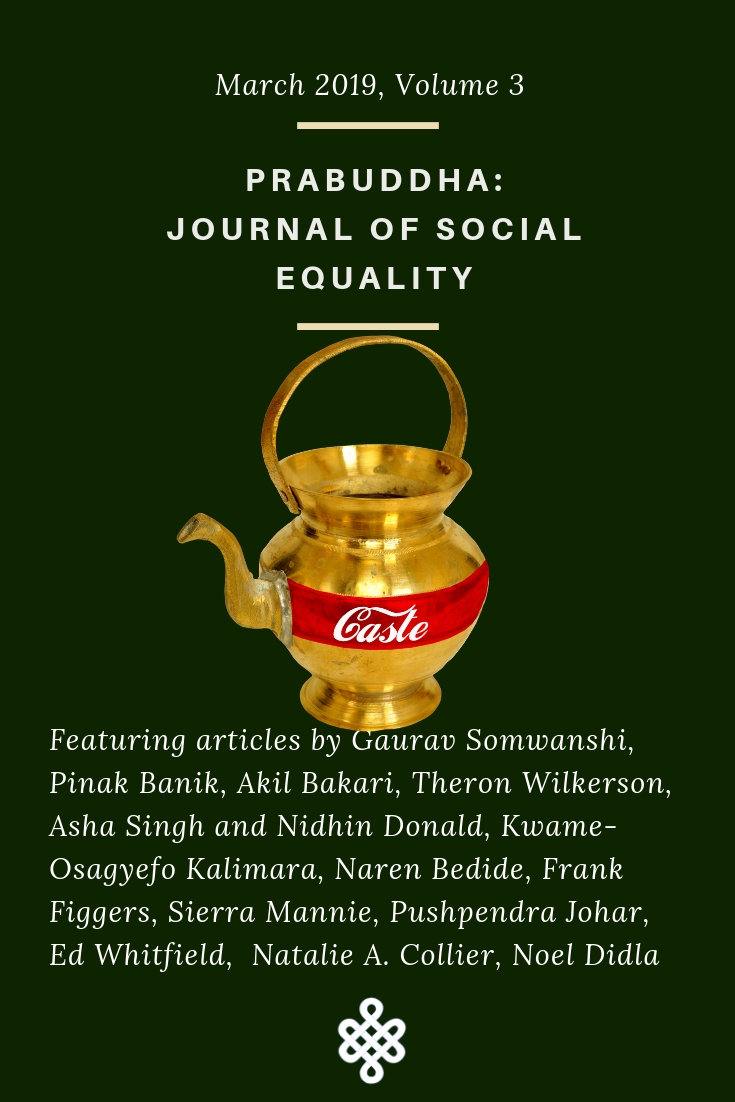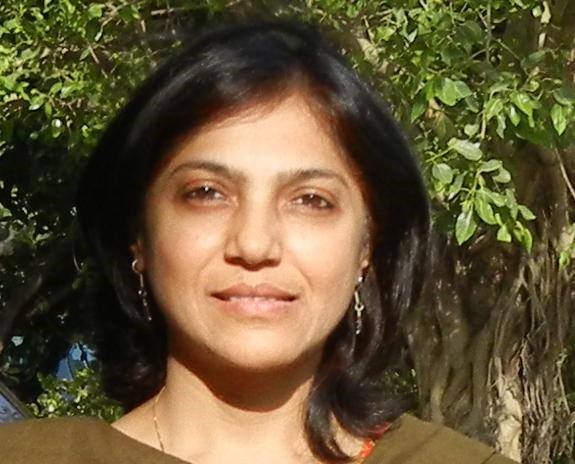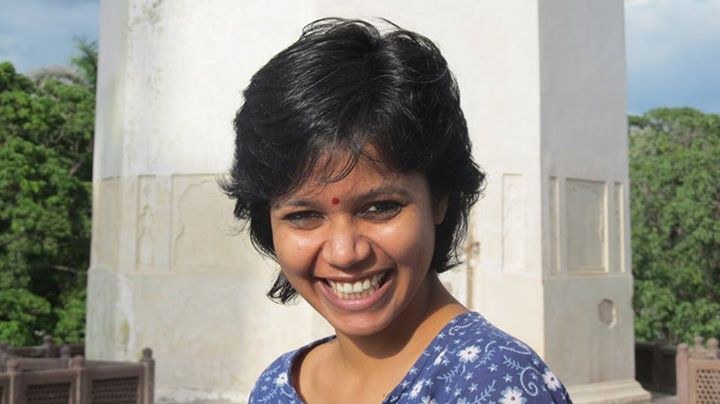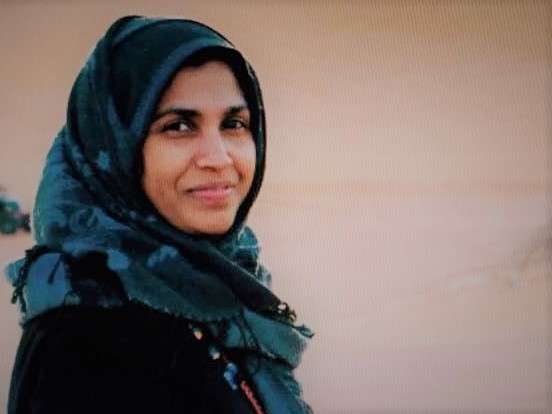The third volume of Prabuddha: Journal of Social Equality has been published and it carries articles by women authors from anti-caste thought and black radical movements. SAVARI is happy to share an excerpt from Asha Singh and Nidhin Donald’s article (read full article here Singh, A., & Donald, N. (2019). Asking questions to OBC as a category. Prabuddha: Journal Of Social Equality, 3(1), 32-49)
An excerpt from Asking questions to OBC as a category
OBC women in Bhojpuri region face numerous problems which are closely linked to its socio-economic structures. A continuing condition of non-literacy and post- literacy[1] are fundamental problems. Non-recognition of one’s mother tongue, unpaid labour, increasing intensity of agricultural labour due to male out-migration, lack of protein-rich diet, fragmented, progressively reducing land-holdings, overcrowding of villages, inter and intra-caste violence over land and other resources, chronic litigation, child marriage, high rates of school drop-out, total absence of higher education, the threat of being reduced to traditional occupations due to the persistent absence of a non-farm sector, lack of basic infrastructure,[2] absence and increasing privatization of health services, the cultural and economic implication to serve the brahmin priestly class and observe new, alien festivals and fasts, continuing practices of untouchability and its gender burden are some of them. One wonders if OBC can be a critical category to understand these realities.
These problems cannot be resolved through reservations, a point well admitted in the Mandal Commission Report. They are deeper and require much broader structural transformations. Having said that, does OBC present any possibilities, especially for its women? One can surely agree that OBC has opened up many new conversations. Mahima Yadav’s recently submitted thesis discusses the presence of OBC women in the higher education of Bhojpuri-speaking Uttar Pradesh. She argues that the category has helped women bargain with their families to continue their education. It has also helped them introduce many new discussions within the family and the community.[3] Unlike the generally accepted paradigm that women’s questions were discussed and resolved in the early twentieth century, one finds it being discussed today more than ever amongst marginalized sections. Whether we should delay our marriage? Can we marry outside our caste? Can we not marry at all? Will we find a decent, modern job? How do we fight negative images within higher education? How do we learn English? – are all discussed today more than ever. OBC as a category makes strange bedfellows out of riled castes and tribes often providing an opportunity to step outside one’s immediate jaati and initiate a dialogue.
The OBC category names several productive castes and tribes in its many lists. This act of ‘naming’ sheds light on the fact that caste is fundamentally a production relation driven by specific contradictions, a point incisively argued by Kuffir Nalgundwar in several essays.[4] For example, naming ‘cattle-rearing’ castes would also force one to understand cattle as an instrument of labour, means of production and as a product in itself. It would tell us how the lives of several OBC and SC groups and its women evolved out of their constant interactions and dissociations with the cattle.[5]
~~~
[1] A term used by Paulo Freire in Pedagogy of the Oppressed to denote a condition of forgetting how to read or write in the absence of a literary culture.
[2] Bihar decorates the bottom rungs of infrastructure index as per the Finance Commission Reports.
[3] For details, Mahima Yadav, Jaati Anubhavon Par Chintan ke Kuch Bayaan (A few Reflection on Caste Experiences), Unpublished MPhil Thesis, Delhi University (Kendriya Shiksha Sansthan), 2018.
[4] Kuffir Nalgundwar (op.cit.)
[5] See Asha Singh, Cow, Backwardness and Bahujan Women, Round Table India, July 10, 2017. Link: http://roundtableindia.co.in/index.php?option=com_content&view=article&id=9125:cow-backwardness-and-bahujan-women&catid=119:feature&Itemid=132




